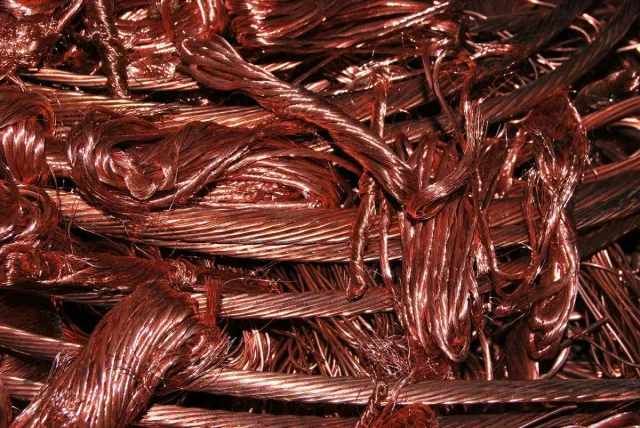Car industry copper demand to surge 250% due to EVs
Aug 12, 2019 11:08 PM ET
- By considering use of the metal in charging infrastructure, analyst Wood Mackenzie has found higher demand from the mobility sector than is the case if only the volume of the material required for vehicle construction is examined.

Global electric vehicle (EV) deployment hinges on the availability and price of lithium and cobalt, right? Think again. A report from analysts at Wood Mackenzie has stated copper will also be a critical factor.
By 2030, electromobility-driven copper demand will surge 250% from its current level, according to the study.
And annual demand will amount to 3.7 million tons a decade later, compared to the 1 million tons used annually in all car production at present, predicted the analysts. Electrical wiring and copper battery content explain the rise, only in part.
In May 2017, UBS investment research spin-off UBS Evidence Lab broke down the materials and minerals used in the EV industry. Researchers found a small passenger EV uses about 80% more copper in its production process than a comparably sized conventional vehicle.
That alone would amount to a 22% rise in global copper demand but Wood Mackenzie has also considered the use of the metal in EV charging infrastructure.
“As it stands, range anxiety – worrying that a battery will run out of power mid-journey – is a key psychological barrier standing in the way of more widespread EV adoption,” said Henry Salisbury, research analyst with Wood Mackenzie.
Aluminum constraints
To assuage such concerns, charging infrastructure is being deployed. Such charging stations, and in particular fast charging points with high power throughput, will require copious amounts of copper to enable the electricity grid to accommodate them.
Copper’s physical properties make it indispensable for the EV industry as it offers high electrical conductivity, durability and malleability. Aluminum is a potential alternative but, according to the study, would require a doubling of volume to conduct the same amount of electricity as copper wires.
In an attempt to reduce copper content for EV charging, storage company ads-tec GmbH presented its HPC Booster in March, which features a 140 kWh battery that discharges alongside grid power to achieve fast charging. A typical grid connection can deliver 20 kW at 32 amps, claims the manufacturer. Such a system would require two-and-a-half hours to charge the battery of a sizeable long-range EV with a 100 kWh battery to half capacity. With a battery booster system, the time needed would be only 10 minutes.
With drivers using EVs to travel an average of only 40km per day the need for widespread, off-motorway fast charging infrastructure for any reason other than convenience is questionable. Standard charging stations at home or work can provide sufficient charge for 40km of travel in two hours.
Also read

